Your Roadmap to Success – Your Resume
 It seems like it should be much easier to convey your artistry and skills as an actor than through the process of submitting a picture and resume online among hundreds, if not thousands, to even GET THE CHANCE to show what you've got in person to get work. A lot has changed with technology and the primary use of the internet as a vetting process before you can show off that great talent of yours.
It seems like it should be much easier to convey your artistry and skills as an actor than through the process of submitting a picture and resume online among hundreds, if not thousands, to even GET THE CHANCE to show what you've got in person to get work. A lot has changed with technology and the primary use of the internet as a vetting process before you can show off that great talent of yours.
It used to be that your credits were confined to one single 8×10 piece of paper attached to your headshot (electronically or hard copy no matter), but even with online casting profiles being prevalent, no matter the format or delivery system, exactly what and how much to put on your resume is a topic of consternation, frustration and/or mystery.
So how do you inform the reader of your resume “at a glance” ('cause that's what it's gonna get at best in the rush of this biz) that you are the RIGHT ACTOR for the job? Or, if wanting representation, what is your future talent agent or manager looking for (again quickly) that speaks clearly, concisely, and most importantly stands out and shows you off as as potential income producing possibility?
Most actors have been taught to list everything they've ever done on their resume…especially when just starting out. Then, when there are many credits to choose from, you can start eliminating some of them…but which ones?
I have news for you. “They” are wrong. When looking for a guide, consider your resume to be road map. Do you take out a map to see where you've been? (OK, there's a few in every crowd!) Or do you take out a map to see where you're going?
The first thing to consider is that your resume is the road map to your success. What kind of success? YOU get to say, and that's the beauty of it. Instead of putting every darned thing on it that you think someone might possibly be interested in, who needs an actor for any given project of any and every kind, what are the projects that you want to be in?
How about being the designer of your future success, and creating the resume that reflects that instead of confusing the reader of your resume. They are always looking for a specific kind of actor for a specific role or addition to their talent stable. Honestly, you can't be all things to all people as you'll end up being nothing to no one.
The first step is to cut out all of the things you've ever done that don't reflect what you can currently do (get cast in). Take off all of those roles that no longer support your “brand” or archetype you're most likely going to be paid to play. You do like that word paid don't you?
In show BUSINESS, your talent (the product) is purchased to fulfill a need (acting role) and this is not a one size fits all business. What “size” are you? You can't be all of them (though your acting teacher told you you could – and that's your problem!)
Figure that out first – what you have defined as the type/product you're going to market and then your resume (brochure) reflects that! Actors that do take the time and lay that groundwork initially make far greater strides faster than those who continue to insist on the ability to “be and do” anything.
What's you're take on the subject? Still have point 8 type on your resume so you can fit it all on a page? Still listing unknown directors? Still have the starring role of Annie on your resume but you're 28? Stay tuned for more info in coming posts about everything that should and should not be on your RESUME! Love your comments below as per usual!

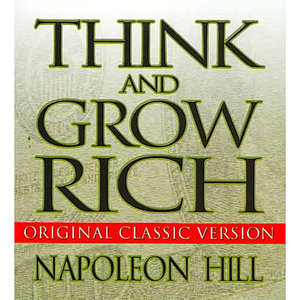
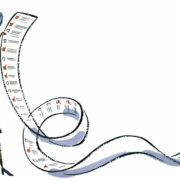
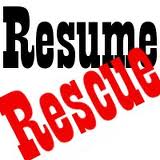





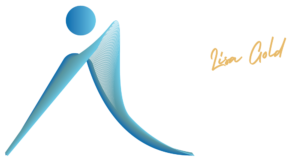

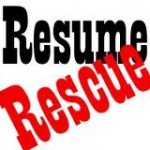
This removes the resume from the realm of “proof that you are worthy” to a statement of “who you are now” and what projects you want to attract. Thanks Lisa
Big problem for me. My font choices are getting to illegible size, and I have been wondering what to trim off my resume. Thank you for the tips Lisa
Thank you Lisa. Very useful.
Informative and made sense. Thank you so much for sharing Lisa.